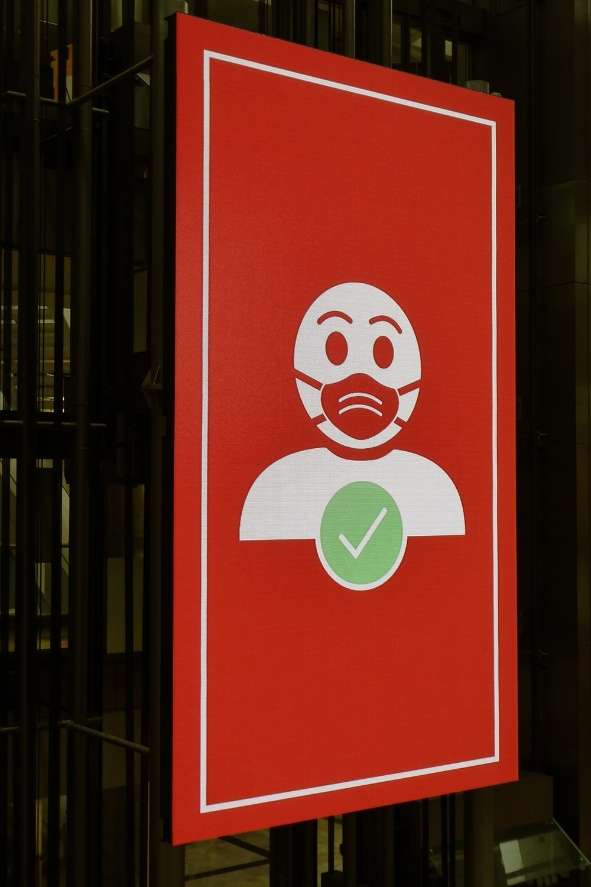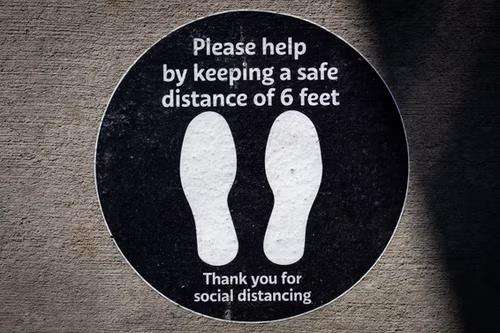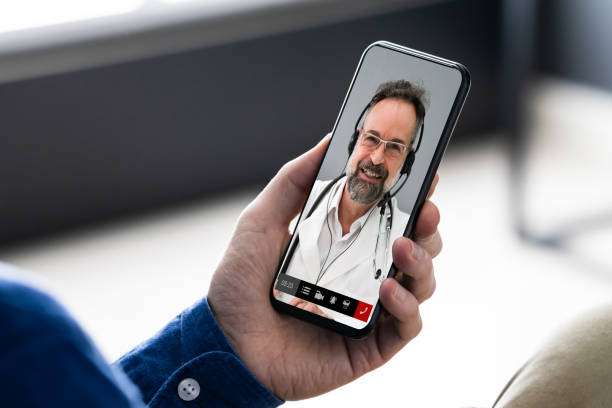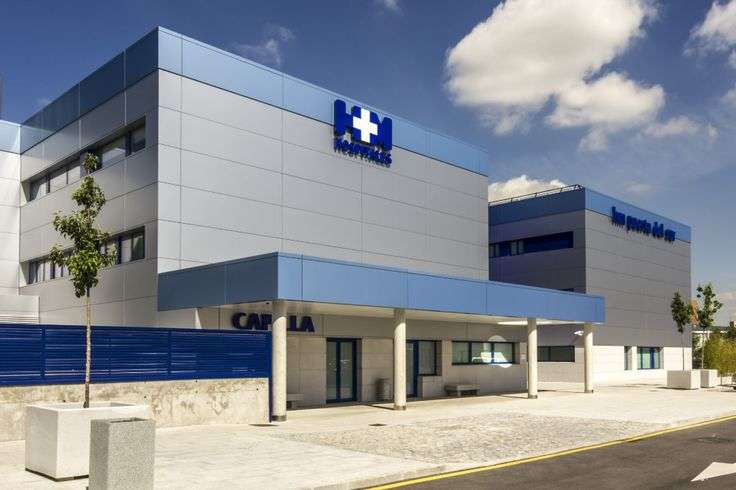
Tips to reduce costs in healthcare set-ups
November 2, 2021
Nurturing of your workforce health through preventive healthcare
November 3, 2021The covid-19 pandemic took the world by storm. In one raging wave after the other, it brought turbulence and unpredictability to our existence. Fortunately, things are slowly getting better, and most communities are gradually and cautiously trying to get their acts together.
Even as we try to re-engage with the outside world, we have to accept that social distancing, masks and sanitization will have to become parts of the new normal. These norms will have to be integrated into every aspect of our lives, including our workspaces.

The pandemic has imposed many challenges and led to many changes in the healthcare landscape too. As a healthcare entrepreneur, you will have a bigger responsibility because your patients usually come to your facility when they are ill and low on immunity and can be even more vulnerable to infection. Since nothing is more important than the health of your patients and your team, be sure to integrate Covid safety protocol in your operations. Reimagine your space, SOPs and services in a way people feel safe and protected from the fear of infection.
These strategies can help your set-up become more Covid-adaptive
- Invest in touchless technologies : Let us begin at the reception. Heat-sensor doors that open without a touch, digital temperature scanners, and automated signages can ensure that your patients have an exposure-free reception in your facility will help you ensure a touch-free patient experience. If possible, try to use a virtual assistant with an innovative software that can be activated with voice commands for directing your patients. If not, at least install a barrier or privacy screen to segregate the receptionists from the patients. Some hospitals have kiosks for scheduling appointments which require navigation via touch…this can now seem like a risk and will have to be rethought. A safe way would be to make it compulsory for patients to take appointments via telephone or through digital appointment scheduling only. This can minimize the need for staff-patient interaction. For your employees, try to replace the traditional biometrics system with facial recognition techniques to avoid touch of surfaces. If this is not practical, make sanitizers available near the staff entrance too.
- Invest in a good Healthcare management system : As the covid-19 virus can be transferred through infected surfaces too, a contact free information transfer system is necessary. Invest in a reliable Hospital management system to reduce risks of interaction and infection. A hospital management system will assure that clinical records, documents, histories and prescriptions are shared between doctors and departments without the need to interact, thereby promoting social distancing. Moreover, it will improve speed, cost efficiency, convenience and be free from manual errors.

- Give visible cues : If a sanitizer dispenser is kept in a highly-visible location, patients are more like to sanitize their hands. Make use of signages that remind people to sanitize, wear masks at all times etc. These signages must be predominantly displayed to make optimum impact. In receptions and waiting rooms, see that a few chairs are kept vacant between two sitters to ensure social distancing. Use floor stickers of embedded floor lights to provide visual cues for people to stand at safe distances from each other in queues.

- Invest in providing personal devices : If budget permits, initiate a change from shared devices that many will touch to personal devices that will reduce risks of touch transmission to the minimum. This may seem expensive but will benefit you in the long run.
- Redesign your ergonomics : Use more devices that start on sensor or voice commands instead of switches. Also try to incorporate purification systems like air filtration panels and sterilization sprayers that can reduce circulation of the virus. Touch-free water dispensers can also be a good investment.

- Plan for virtual rooms : You should assign a designated space for telemedicine practice and virtual conferencing with sound-proofed walls so as to reduce noise disturbances while interacting with your patients or other doctors virtually. You will also have to invest in good quality audio visual equipment. To summarize, Covid -19 has forced us all to rethink and reshape our workplace modules. Leveraging technological transformation and digital advances can make your healthcare set-up more pandemic-adaptive in nature. If you are desirous of curating a better patient experience nurtured with safety and pandemic-adaptability, Hospertz Healthcare Consultancy can help you.
Dr. Vishal Jadhav
hospertz@gmail.com
+91 9820833149 / 9867712705


